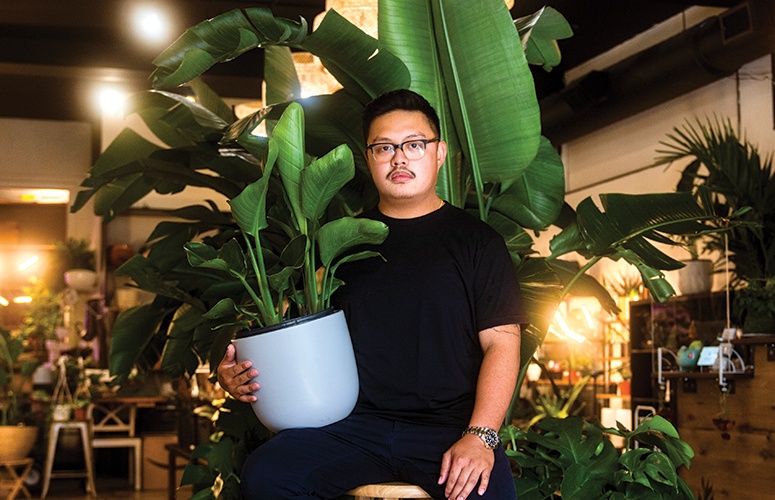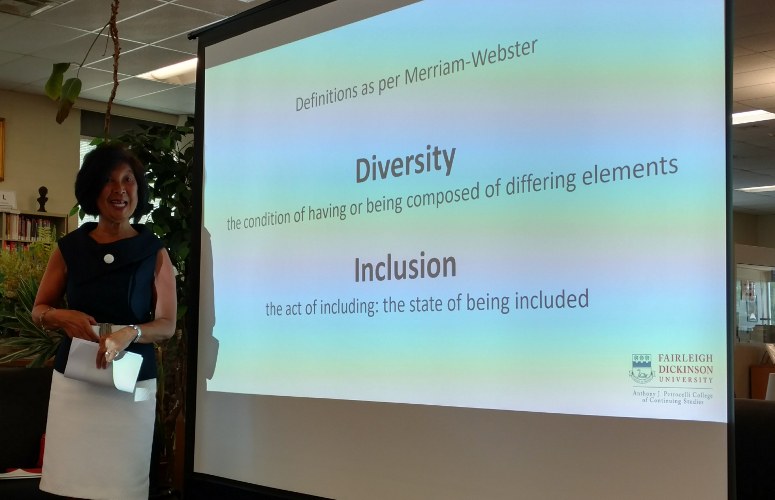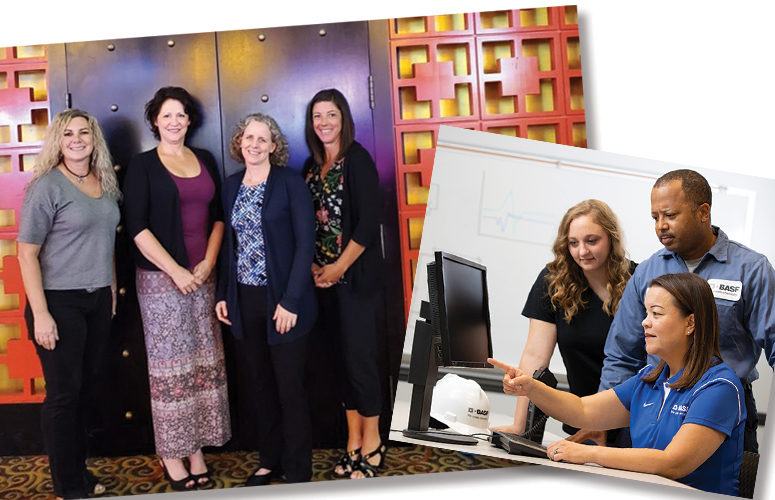
The Asian American Entrepreneurial Spirit
WHETHER IT IS A NEW IMMIGRANT COMING TO U.S. SHORES, OR A NEXT-GENERATION BUSINESS OWNER, THE SPIRIT OF ENTREPRENEURISM RUNS IN THE VEINS OF MANY WHO PURSUE THE AMERICAN DREAM.
By Irene Maslowski, Contributing Writer On Sep 11, 2023According to the 2021 Census, the Asian and Pacific Islander population has grown faster than any other in New Jersey, an increase of 44% since 2010. New Jersey also ranks fourth in the US of having the largest number of Asian-Americans after Hawaii, California, and New York.
Many from these groups have become entrepreneurs, and recent data shows that the number of businesses owned by Asian-Americans and Pacific Islanders in New Jersey is approximately 81,000, with a combined revenue of more than $44 billion.
“Large numbers of Indians came to America in the 1970s and ‘80s, mainly to pursue higher education in science, medicine and engineering,” comments Rajeev Krishna, president and owner of Signs by Tomorrow in Iselin, and president of the American-Indian Chamber of Commerce in New Jersey. “They observed how the quality of life was much improved than in India – and how entrepreneurship was not just a dream, but a real possibility.”
Many Indians decided to stay in the US, with their family members joining them. As this population grew, so did the desire to have access to Indian products such as food, clothing, and jewelry. Proximity to the tri-state’s ports made it easy for retailers to access these products. Mega brands found in India have also made their way across the ocean, with companies opening facilities in the US and resulting in an ever-growing impact on New Jersey’s economy.
There are both benefits and challenges to owning a business in New Jersey, according to Krishna. Besides the proximity to ports and airports, there is a large population of potential customers who are interested in trying new things. Additionally, many lenders are more than willing to work with Indian entrepreneurs who have acquired capital, have excellent collateral, and pay on time.
Challenges exist in politics and in diversity and inclusion, Krishna notes. The Indian population has not crossed the threshold in political representation in Trenton, although there are some pockets locally where Indian representation exists. Supplier diversity is also a challenge. While Black, Hispanic, and other Asian groups are seen as diverse populations and may receive their share of contracts, Indians are not viewed as a minority and often not included in the bidding process.
Tushar Patel, a retail pharmacist from India, came to the US with the goal of opening convenience stores, and was amazed by the economic and business system in the US. “The typical Indian mindset is to get educated and work hard for three years, save enough money and open a business. Once that business is successful, open the next one and so on.” Today, Patel is the owner of Liquor Express in Vineland and several convenience stores, and is the chairman of the Asian-American Retailers Association.
Patel adds that challenges for convenience store owners in New Jersey include the labor shortage, increased minimum wage, and a low percentage of profit of items such as lottery tickets and cigarettes.
To combat the challenges facing Indian entrepreneurs, both the Asian-Indian Chamber of Commerce (AICC) and the Asian-American Retailers Association (AARA) have developed supportive programs for networking, building awareness, and creating relationships and partnership. AICC provides networking and one-on-one meetings with corporations and vendors with its members, while AARA hosts a retail expo each year in Edison.
Terrace Plant Shop
Peter Dario, is the owner of the Terrace Plant Shop, an 1,800-square-foot retail space in Metuchen. “Living in the Philippines is a hard survival,” he remarks. “My family came here for a better life and taught me to be hard working, have a good ethic and not be afraid to pursue a dream.”
The family faced a tragic loss when Dario’s father and grandfather died days apart during the initial surge of Covid. The loss made him decide to take a plunge, and with the help and guidance of his mother and other family members, he opened Terrace. “I felt the need to work in an environment that reflected joy and beauty. Plants, with their roots to nature and constant rebirth, felt like the right environment,” he comments.
Dario describes Terrace as biophilic and design-focused, with a “Brooklyn-vibe.” It’s quickly evolved beyond a retail store front and now offers interior and green space design services to clients in hospitality, luxury-living real estate, and event venues, while maintaining the storefront location.
Benefits to having a business in New Jersey are many, Dario notes. There is a wide array of diverse populations and age groups, with interest in the Filipino culture, music, food, and dance. Restaurants as well as night markets and festivals have begun to spring up all over the state.
He adds that challenges include finding vendors to offer the best prices, and reasonable shipping costs. There is no existing Filipino chamber of commerce. As a result, Dario and approximately 50 small Filipino businesses have formed their own informal network, gathering together once a month to discuss problems, issues, and to garner support.
To access more business news, visit NJB News Now.
Related Articles:





